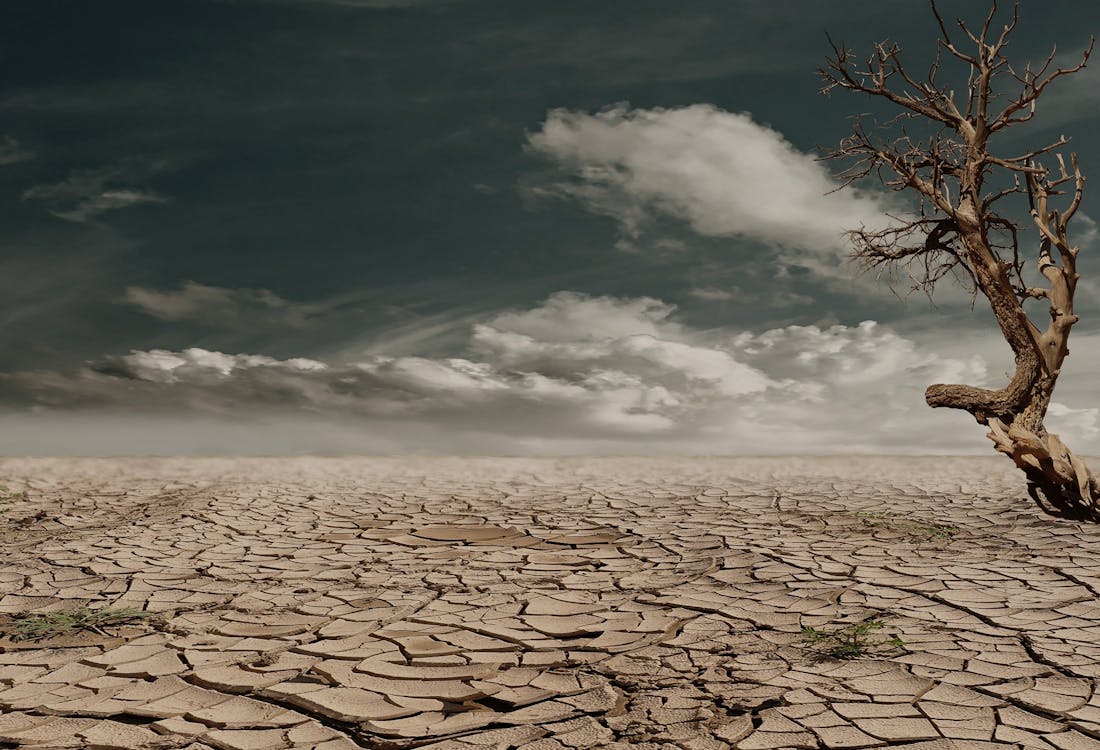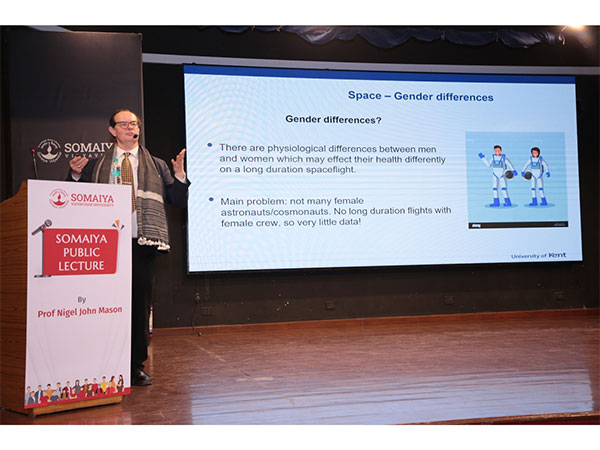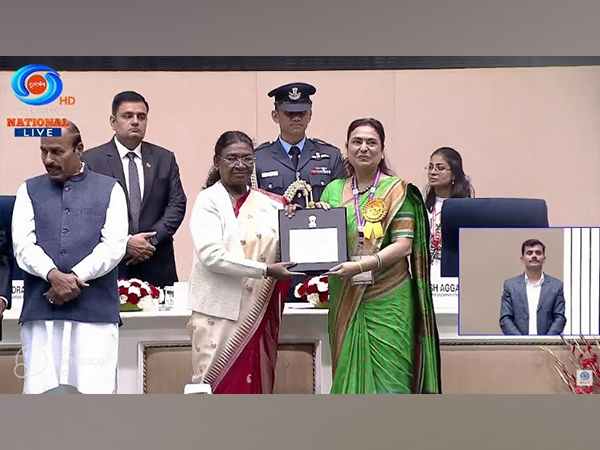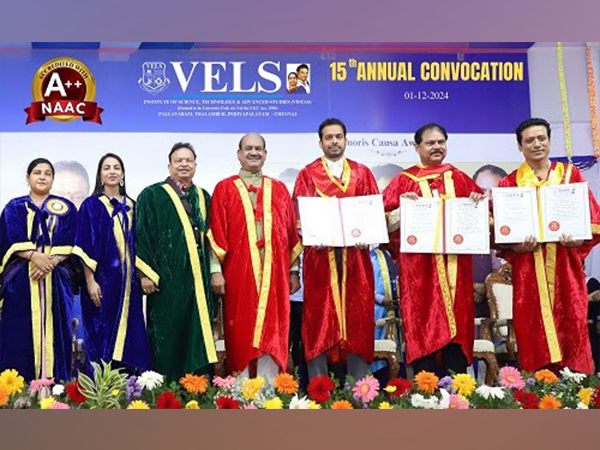COP29 host Azerbaijan defends oil and gas
Nov 13, 2024
Baku [Azerbaijan], November 13: The president of Azerbaijan, host of this year's UN climate summit, has lashed out at Western critics of his country's oil and gas industry.
In his keynote address at the COP29 climate summit on Tuesday, where nearly 200 nations are negotiating global action on climate change, President Ilham Aliyev described his country as a victim of a "well-orchestrated campaign of slander and blackmail".
Within moments, UN Secretary General Antonio Guterres took to the stage to say that doubling down on fossil fuels was "absurd", saying "almost everywhere, solar and wind are the cheapest source of new electricity".
The opposing views underscored the challenge at the heart of the climate negotiations: while nations are urged to shift to green energy sources, many, including wealthy Western nations, continue to rely on fossil fuels.
Azerbaijan's finance ministry said the share of oil and gas as a contribution to the economy was declining as the country diversifies.
"As a president of COP29 of course, we will be a strong advocate for green transition, and we are doing it. But at the same time, we must be realistic," said Aliyev, who has labelled his country's oil and gas resources a "gift from god".
"Countries should not be blamed for having them, and should not be blamed for bringing these resources to the market, because the market needs them. The people need them."
He singled out the United States, the world's largest historic carbon emitter, and the European Union for particular criticism, accusing them of double standards.
The United States is the world's largest oil and gas producer. European countries, meanwhile, have some of the world's strictest targets to cut emissions by 2030 - but have also secured new gas supplies following Russia's 2022 full-scale invasion of Ukraine.
Observers of the COP29 negotiations were divided on how to take Aliyev's speech. Some said it did not bode well for a strong result from the two-week summit.
"Using a climate conference to promote the continued production and use of fossil fuels is . provocative, and deeply disrespectful to the countries on the frontline of climate impacts," said Romain Ioualalen, global policy lead at campaign group Oil Change International.The United States is the world's largest oil and gas producer.
European countries, meanwhile, have some of the world's strictest targets to cut emissions by 2030 - but have also secured new gas supplies following Russia's 2022 full-scale invasion of Ukraine.
Observers of the COP29 negotiations were divided on how to take Aliyev's speech. Some said it did not bode well for a strong result from the two-week summit.
"Using a climate conference to promote the continued production and use of fossil fuels is . provocative, and deeply disrespectful to the countries on the frontline of climate impacts," said Romain Ioualalen, global policy lead at campaign group Oil Change International.
The tension also reflected mistrust between rich and developing countries, many of which say the wealthiest have not done enough to solve a problem that they created.
"Developed countries have not only neglected their historical duty to reduce emissions, they are doubling down on fossil-fuel-driven growth," said climate activist Harjeet Singh.
US national climate adviser Ali Zaidi brushed off Aliyev's remarks, saying if every country decarbonised at the pace of the United States, the world would meet its climate targets.
Aiming to cut methane emissions from the United States, President Joe Biden's administration on Tuesday finalised a methane fee for big oil and gas producers. But the measure is likely to be scrapped by incoming president Donald Trump.
The EU declined to comment on Aliyev's speech, while a Dutch appeals court on Tuesday issued a landmark climate ruling that favoured Shell and dismissed an earlier order for the oil and gas company to sharply reduce emissions.
This year's summit is meant to focus on raising hundreds of billions of dollars in climate finance to help fund the switch to clean energy and adaptation to a warmer world.
"The world must pay up, or humanity will pay the price," Guterres told the summit.
"We are in the final countdown to limit global temperature rise to 1.5 degrees Celsius, and time is not on our side."
Development lenders such as the World Bank, which have been among the biggest sources of climate finance for poorer countries, are under pressure to provide more money.
On Tuesday a group of 10 of the largest announced a joint goal of increasing finance to low- and middle-income countries to $US120 billion ($A183 billion) by 2030, a roughly 60 per cent increase on the amount provided in 2023.
That funding is also meant to attract more private financing, by lowering the risk associated with climate-linked investments.
Source: Fijian Broadcasting Corporation








